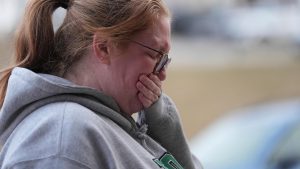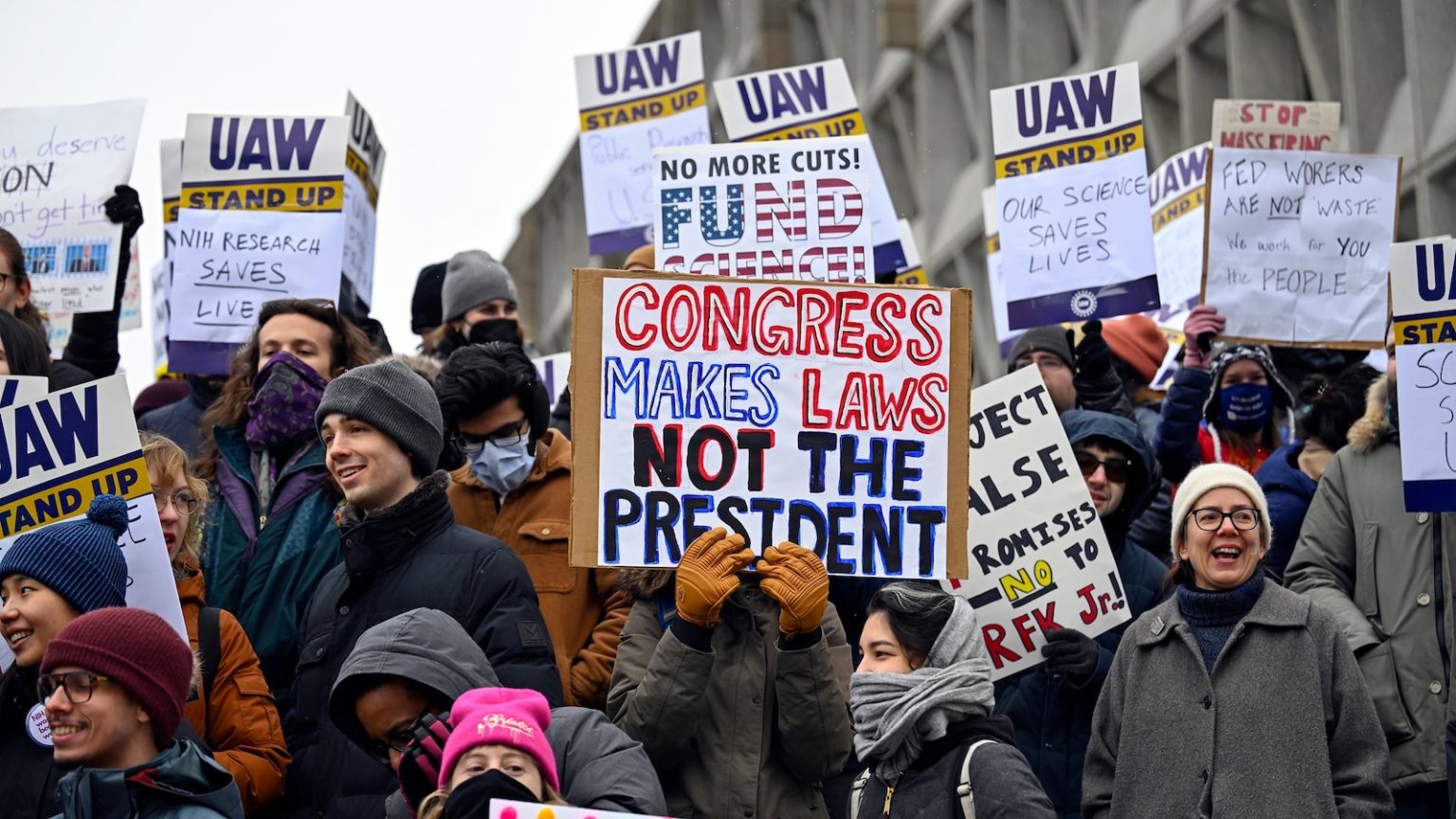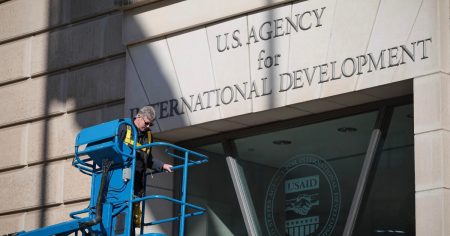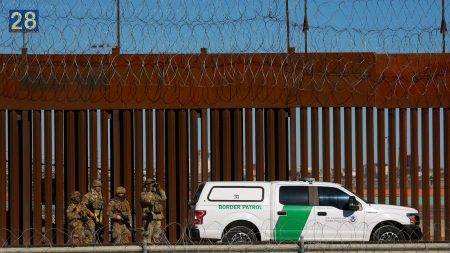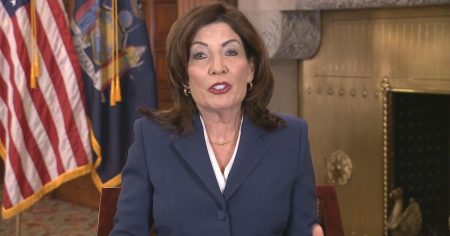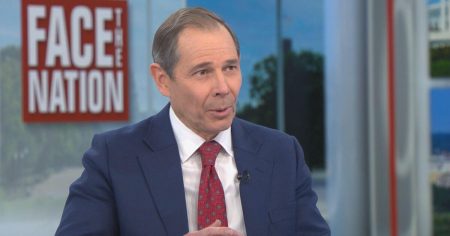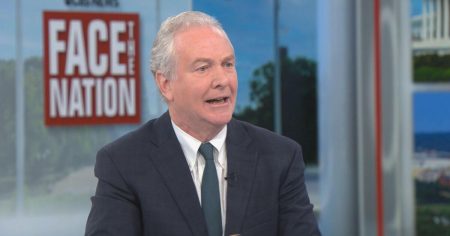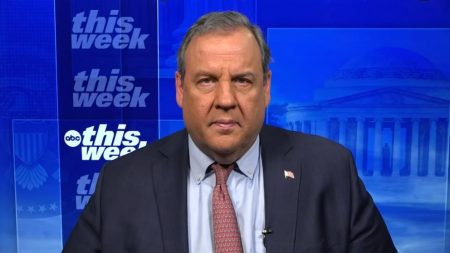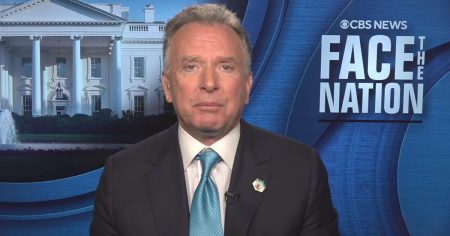A Chilling Protest Against Cuts to HHS: Voices from the Frontlines
A Chilling Protest Against Cuts to HHS
On a bitterly cold Wednesday, a determined crowd of current and former federal workers gathered to protest the deep cuts to the Department of Health and Human Services (HHS). These cuts, part of a broader effort by President Donald Trump and Elon Musk’s Department of Government Efficiency to shrink the federal government, have already led to thousands of layoffs. The protesters warned that these reductions would severely hinder scientific progress in the U.S., potentially setting the country back for years. The protest highlighted the real-world consequences of these layoffs, as those affected shared their stories of loss and fear for the future of public health and safety.
Personal Stories of Loss and Uncertainty
Among the protesters was a young woman who had recently been laid off from her position as a food safety chemist at the Food and Drug Administration (FDA). She had just completed her doctorate and was responsible for developing new methods to detect harmful substances in food, such as chemicals leaching from plastics. "I think it’s going to make it a lot harder to test as much as we’re testing," she said, her voice tinged with both grief and concern. She explained how her team randomly sampled food across the country to ensure safety, but with fewer people, the food supply would become more dangerous. "People are going to get sick," she warned. This was her first job out of grad school, and she had seen the FDA as a place to build her career, driven by a sense of purpose to protect Americans. Now, she feels that purpose slipping away.
Another protester, Katie Reichard, braved the freezing cold with her 6-month-old baby in tow. She had been fired from HHS despite her critical work overseeing research to address the drug overdose crisis. "There’s a higher risk the money isn’t getting to the communities that need it most, and the research won’t be done," she said, her voice cracking with frustration. Reichard’s team had already been understaffed before the layoffs began, and now she worries that without proper oversight, waste, fraud, and abuse could go unchecked. She directed a poignant message to HHS Secretary Robert F. Kennedy Jr., who has pledged to make America healthy again. "There’s a lot of scientists who were the kind of up-and-coming experts in the field who just got fired," she said. "We were ready to work toward those goals, as long as it was a real investment in the evidence… about how we start to address those chronic health issues like overdose and substance use disorder, and he just let us go."
Theripple Effects of Layoffs on Scientific Progress
The layoffs at HHS and its agencies, such as the FDA and the National Institutes of Health (NIH), have sent shockwaves through the scientific and medical research communities. Researchers from universities and the NIH joined the protest, holding signs and speaking out against the budget cuts. The protesters argue that these cuts are not just about jobs—they are about the future of scientific progress and public health in the United States. For example, Katie Overby, who works in the FDA’s office responsible for reviewing the safety of new food ingredients, described the situation as "a bomb site." Her office has lost about 10% of its workforce, including both scientists and administrative staff. "We’re just sifting through, still trying to figure out who all was even fired," she said. The layoffs have brought critical work to a halt. "All of those reviews are just stopped right now, and we’re scrambling," Overby explained. Without these reviews, she fears that companies may stop seeking FDA approval, leading to a lack of oversight and potentially dangerous additives in the food supply. "That’s a scary place to be, not knowing what’s going in our food, not having anyone to hold industry accountable," she said.
Overby also pushed back against the idea that these cuts are making the government more efficient. "We’re losing probably at this point, days, weeks, months just trying to scramble to respond to what’s happened," she said. "And that’s all the time. We’re not actually protecting the public and reviewing the safety of food." This sentiment was echoed by others at the protest, who argued that the cuts are having the opposite effect of their intended purpose. Instead of streamlining operations, the layoffs have created chaos and uncertainty, leaving many to wonder how the government can continue to fulfill its mission to protect public health.
A Call to Action for the Future of Public Health
As the protesters made their voices heard, they also called for action. Many urged Secretary Kennedy and the Biden administration to reconsider these cuts and invest in the agencies that are critical to protecting public health. "There’s a lot of scientists who were the kind of up-and-coming experts in the field who just got fired," Reichard said. "We were ready to work toward those goals, as long as it was a real investment in the evidence… about how we start to address those chronic health issues like overdose and substance use disorder, and he just let us go."
The protesters also emphasized the importance of these agencies in ensuring the safety of the food supply and addressing pressing public health issues. "I think it’s going to make it a lot harder to test as much as we’re testing," the former FDA chemist said. "We randomly sample food all over the country for different things, and when there are less people to do the work, I think people are going to get sick." Her words were a stark reminder of the real-world consequences of these cuts.
The Human Cost of Budget Cuts
For many of those who lost their jobs, the layoffs have been devastating. Reichard, for example, is now scrambling to find another job to provide for her family and ensure her baby and toddler have health insurance. "We’re probably going to leave Washington, D.C., with the cost of living, and I’m not optimistic we’ll find a job here based on the unemployment situation," she said. Her story is just one of many, as thousands of federal workers have been forced to rethink their careers and their futures.
The emotional toll of these layoffs is just as significant as the financial impact. The former FDA chemist, who had just graduated with her doctorate, described feeling a deep sense of grief. "I probably told my friends and family that I was a lifer in the federal government, like I had found the place that I wanted to build my career because I found such purpose in being able to protect Americans and our food supply," she said. Now, that sense of purpose is gone, replaced by uncertainty and doubt.
A Fight for the Future of Public Health
As the protest came to a close, the message was clear: these cuts are not just about numbers on a budget spreadsheet—they are about people. They are about the dedicated public servants who have spent their careers working to protect the health and safety of Americans. And they are about the future of scientific progress in the United States.
The protesters vowed to continue their fight, urging policymakers to reconsider the cuts and invest in the agencies that are so critical to public health. "There’s a lot of scientists who were the kind of up-and-coming experts in the field who just got fired," Reichard said. "We were ready to work toward those goals, as long as it was a real investment in the evidence… about how we start to address those chronic health issues like overdose and substance use disorder, and he just let us go."
As the cold winds blew through Washington, D.C., the protesters stood their ground, determined to make their voices heard. They know that the fight ahead will be difficult, but they also know that the stakes could not be higher. The future of public health in the United States is on the line, and they are willing to fight for it.
Conclusion: The Lasting Impact of HHS Cuts
In conclusion, the protests against the cuts to HHS highlight the profound impact of these decisions on individuals, communities, and the nation as a whole. The stories of those affected—like the young FDA chemist, Katie Reichard, and Katie Overby—serve as a reminder of the human cost of these layoffs. The cuts not only jeopardize the safety of the food supply and the progress of critical research but also undermine the government’s ability to protect public health. As the protesters make their voices heard, they call on policymakers to reconsider these cuts and invest in the agencies that are essential to ensuring the health and safety of all Americans. The fight for the future of public health is far from over, and the outcome will have lasting consequences for generations to come.


